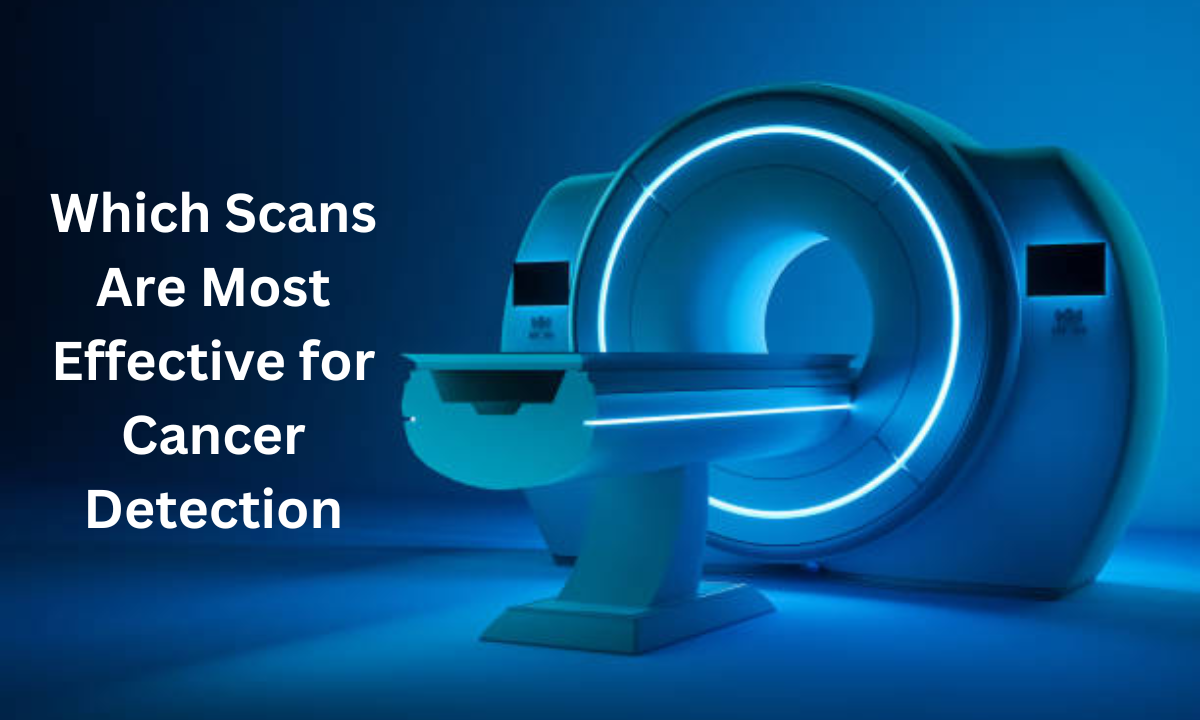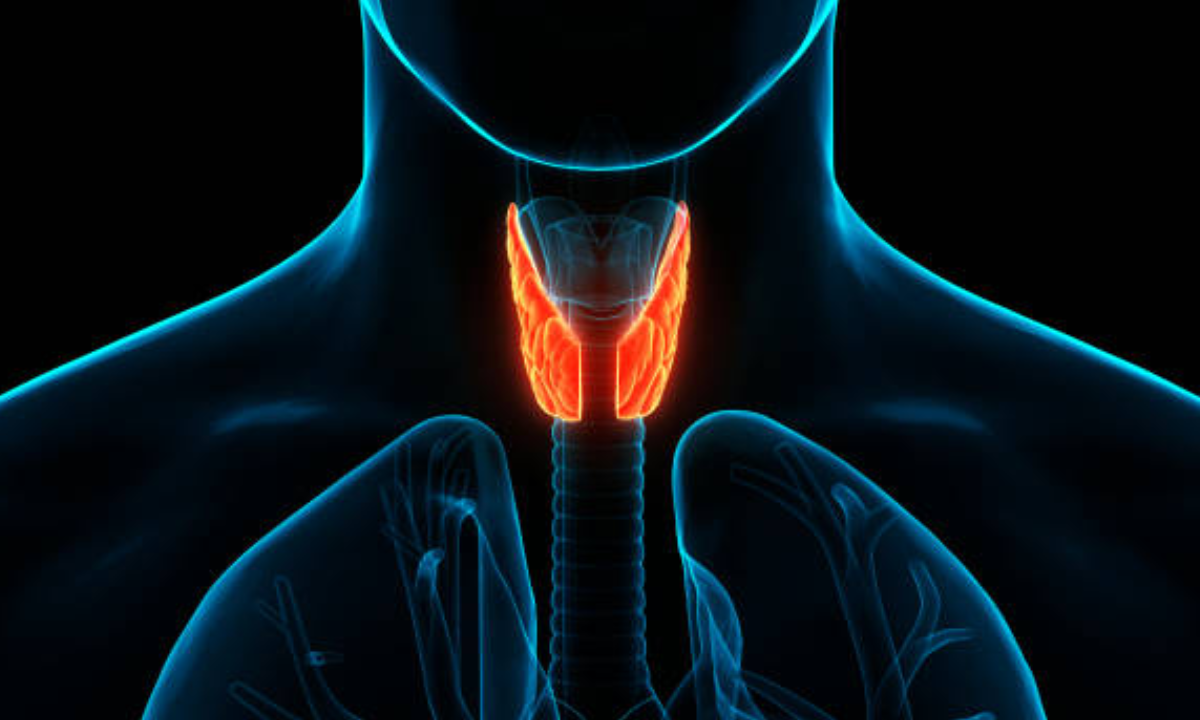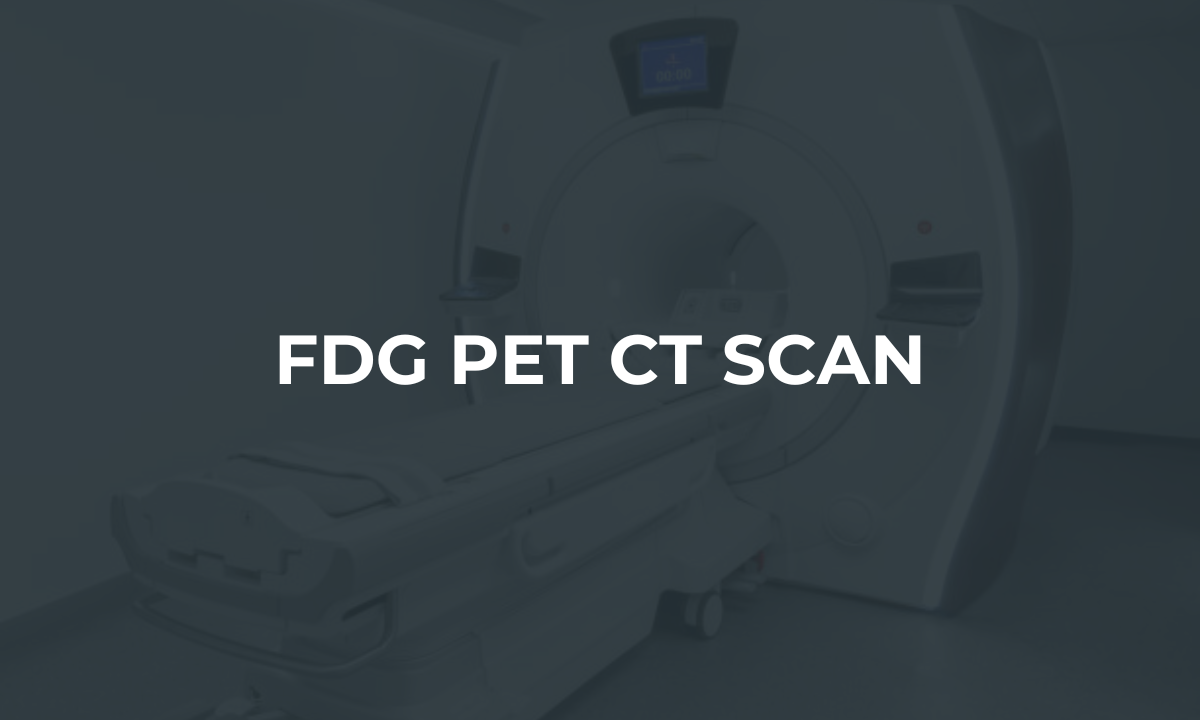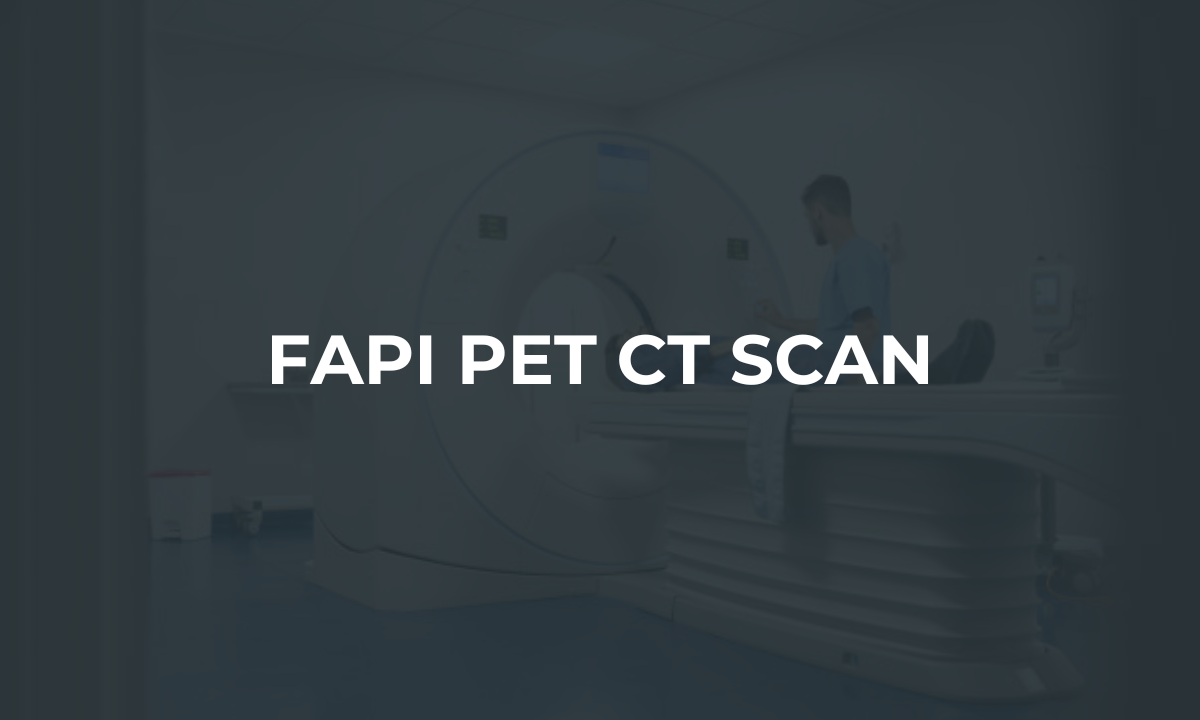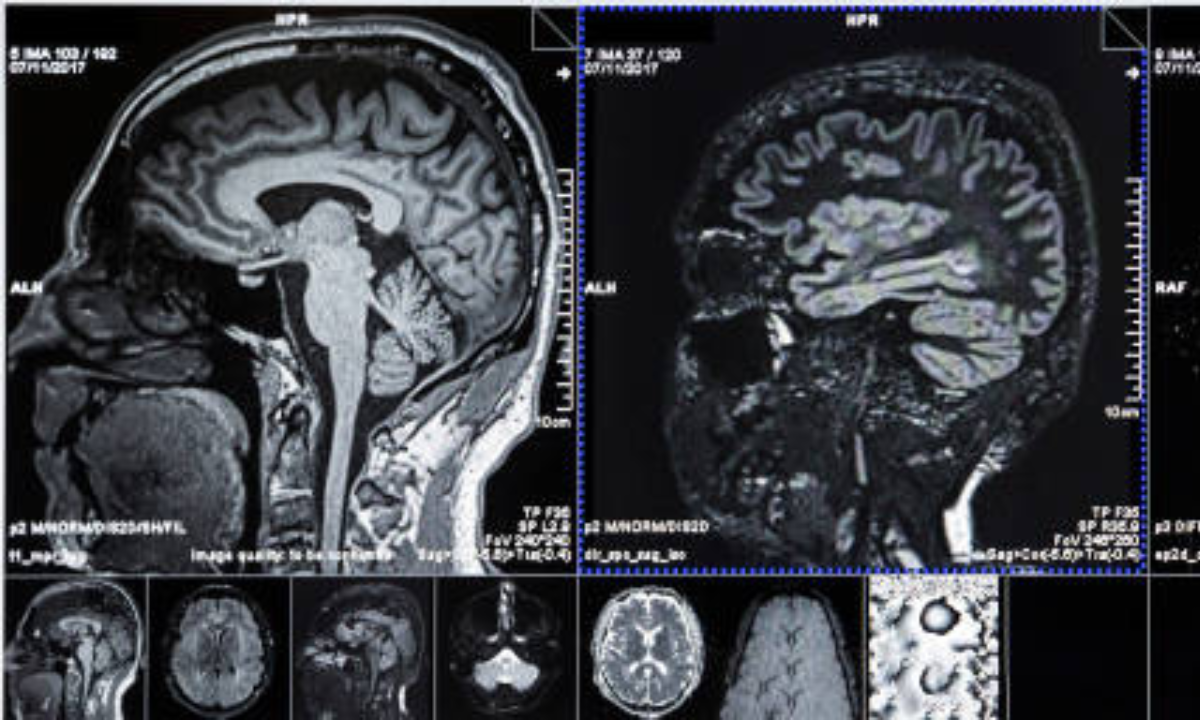The best PET scan in Bangalore is offered by Kiranpet who has identified that cancer is a very severe disease that impacts many individuals all over the globe. Symptom recognition is crucial in enhancing the survival rates as well as the prognosis of individuals affected by the illnesses.
Physicians are not overly limited in terms of the techniques at their disposal when it comes to diagnosing cancer at its earliest stage. In this article, I will reveal the main kinds of scanning and which one is usually the most helpful in cancer detection.
Which scans detect cancer?
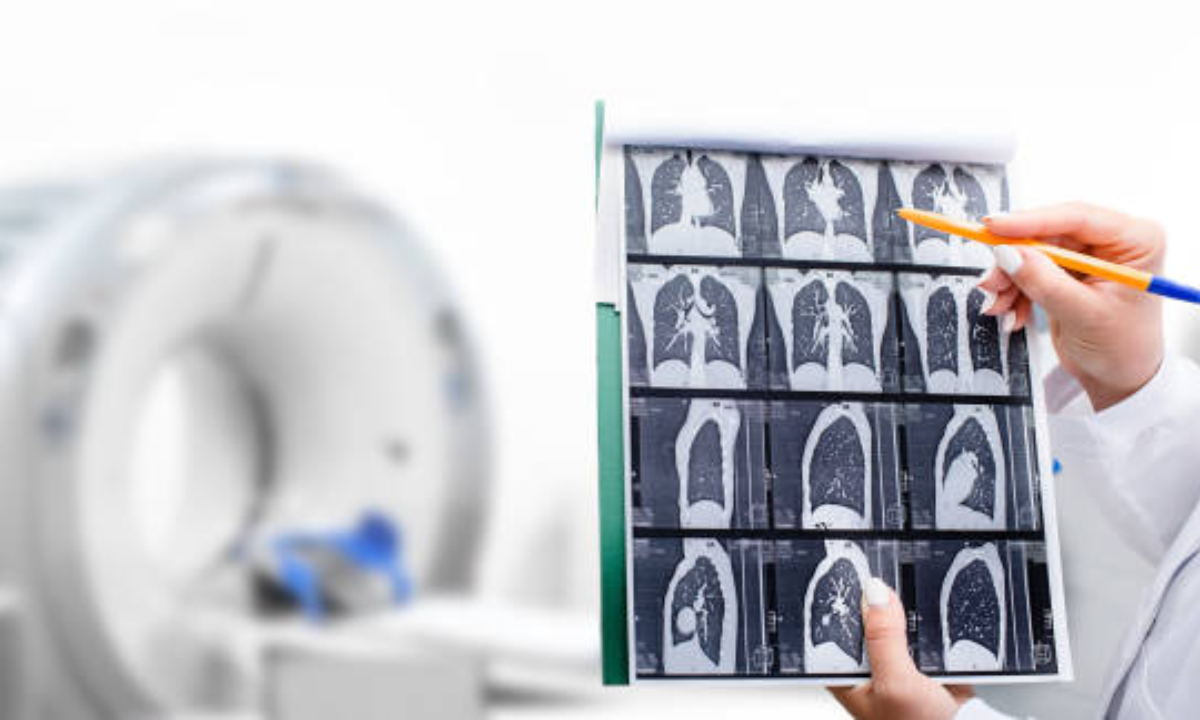
Now let’s understand and explore which cancer is detected with medical scanning before reaching to a conclusion on the best PET scan in Bangalore.
PET CT Scans
Integrated PET CT scans refer to a combination of the functional study provided by PET scan and the better resolution of CT scan. This combination offers doctors a way to pinpoint areas of heightened metabolic activity noted on the PET scan that may correspond to new tissue pathologies, which are, according to the given information, essential for cancer confirmation and staging in a manner incapable when completed individually.
PSMA Scans
PSMA scans are a differently developed version of PET scans and include the tracer that attaches to the prostate-specific membrane antigen, which is seen in prostate carcinoma. PSMA scans are found to be even more sensitive than PET or MRI for the detection of prostate cancer, especially small metastases.
SPECT Scans
SPECT or single photon emission computed tomography also measures activity at the cellular level with the help of tracers. But it employs a different radioactive substance and it’s imaging system. SPECT scans can therefore be used in the diagnosis of unknown primary tumors that include thyroid and neuroendocrine cancers due to emphasized abnormal activity.
Ultrasound
Ultrasound is a non-invasive imaging technique that employs sound waves of frequencies above the range audible to humans. No radiation is involved. The application of ultrasound is very effective in imaging or diagnosis of soft tissues including the internal organs, muscles, tendons, and vessels. It is widely applied in the initial detection of thyroid, ovarian, endometrial, and renal cancers, as well as some forms of breast tumours.
Ultrasound can help in assessing the size of the suspicious areas as well as their characteristics to recommend whether they are cancerous or not. It is a noninvasive procedure that does not hurt and there are no adverse effects on health identified. However, ultrasound imaging is highly dependent on the technician and some small cancers may not be noticeable.
CT Scan
Computed tomography (CT) scan or CAT scan is a form of X-ray that employs computers and X-rays to make cross-sectional pictures within the body. More specialized scans include CT scans where tumors in organs and in areas that are more central in the body such as in the lungs, belly, or pelvic regions are easily seen. They also eliminate the problem of evaluating tumor size, shape, and exact position, which the CT technique does better than other techniques.
This also aids in finding out if cancer has spread or not. This is because CT scans are among the most commonly used in screening and diagnosing several types of cancer due to high image resolution, and detailed views of internal anatomy. However, it should be noted that CT scans involve radiation and its dosage is considered at a higher level than X-rays and ultrasound.
MRI Scan
Magnetic Resonance Imaging (MRI) employs a combination of strong magnetism and radio waves instead of radiation, providing very clear images of organs and the softer tissues of the body. MRI is believed to be the gold standard in diagnosing cancers with origin in the brain and the central nervous system. It is also very good for imaging the breast, abdomen, pelvis, bone, and joints.
MRI provides good soft tissue differentiation and spatial resolution, the technique does not use ionizing radiation on patients. This makes MRI scans useful when radiation doses must be kept to a minimum, for example, when addressing expectations with pregnant mothers. Nevertheless, MRI scans are a more expensive and time-consuming procedure compared to the counterparts that exist in the modern world. They also cannot be used during a patient has an implant including a pacemaker or an insulin pump.
PET Scan
PET scans entail utilizing specific substances that have radioactive materials and cameras to establish metabolism in the tissues at a cellular level. PET scans are often integrated with CT scans (PET/CT scan) to also show the patients’ body structures. PET scans can detect cancers very early by spotting where cells are more metabolically active than normal tissues.
This makes PET scanning highly effective for cancer screening and staging. Lymphoma, colorectal cancer, and lung and breast cancer are some of the cancers that are well-diagnosed using PET scans. Nevertheless, PET scans are comparatively more costly, and from above involve exposure of patients to relatively higher doses of radiation.
Which is the most accurate and best PET scan in Bangalore for cancer?
It is therefore important to realize that depending on the type and size of suspected cancer, the patient population, and the costs and radiation dose problems if any, a specific imaging method is ideal for cancer screening or diagnosis. Thus, it depends on types of cancer.
Generally, ultrasounds are preferred as first tests for cancers of soft tissues due to lack of radiation. X-rays are favored initially for bone cancers. CT scans provide excellent whole-body screening and are preferred for lung, colon, and other internal organ cancers. MRI scans are best suited for brain and spinal cancers and are safest during pregnancy.
PET scans give an edge in sensitivity but cost more and use higher radiation. Choosing the best PET scan in Bangalore with the right combination after clinical evaluation helps maximize cancer detection while minimizing health risks to patients. Following screening tests with biopsies helps confirm cancer diagnosis. Early detection through appropriate scanning improves the chances of successful treatment.
Of these, PSMA scans currently seem to be the most accurate for prostate cancer detection. For other cancers, PET may still have the advantage over SPECT. The right test choice depends on the cancer type and diagnostic or treatment aims. Combined anatomical-functional scans also improve accuracy.
Importance of Annual Checkups
Getting recommended cancer screening tests done at the appropriate age intervals is critical for early detection. Some key annual checkups to look out for include:
- Clinical breast exams for women without breast cancer risk factors should begin at age 20; mammograms should begin at age 40.
- Pelvic exams annually and, using the Pap smear test for cervical cancer screening at age 21 years and above.
- Of all the cancer-screening tests, colonoscopy at the age of fifty years or older for colorectal cancer screening.
- Smoking history and starting low-dose CT lung cancer screening from age 50.
- Prostate cancer screening discussions starting at age 50.
Remaining aware of one’s cancer risks and getting timely testing through primary care doctors can catch many cancers when they are most treatable. Early detection challenges the deadliness of cancer. Do not ignore any new or unusual symptoms and discuss medical concerns proactively with healthcare providers.
In conclusion, best PET scan in Bangalore are available to detect cancer at its earliest stages with various scanning techniques. Choosing screening tests based on cancer type, location, and individual health factors helps maximize effectiveness while reducing risks.
Following annual checkups and getting recommended scans as directed aids early cancer detection – a key step in improving survival outcomes worldwide. Early detection through appropriate scanning is empowering in the fight against cancer and Kiranpet Diagnostic Centre in Bangalore is always a backbone for such diseases.

